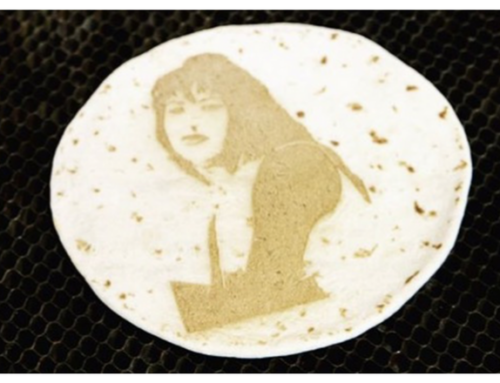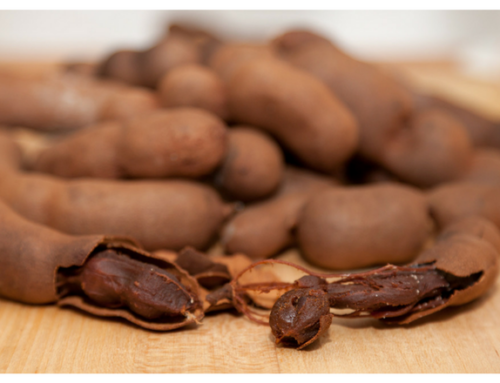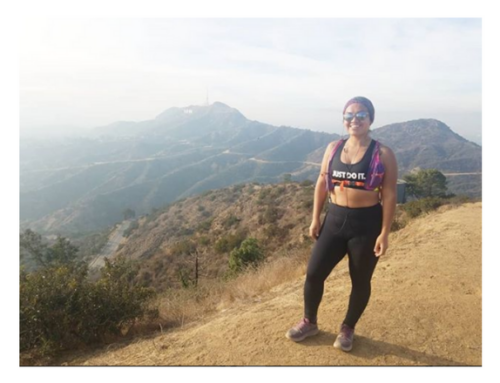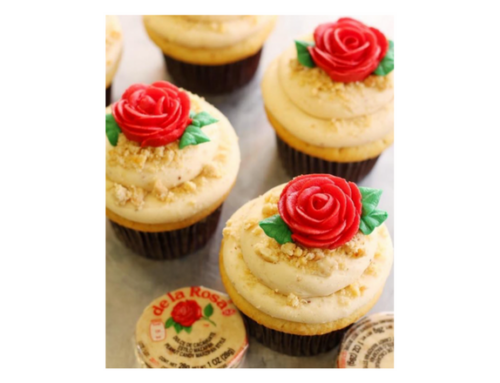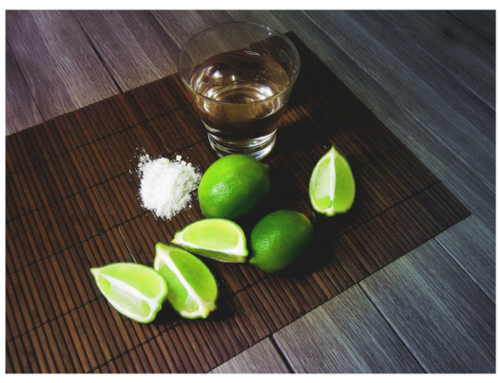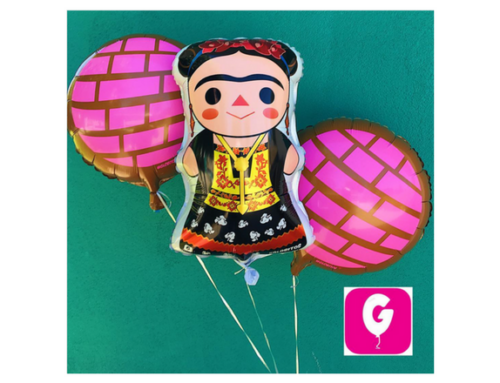Traveling abroad requires a few things: money, a passport, and a keen eye for planning.
Andrea Vidler can help with one of those three. The powerhouse businesswoman takes the fear and stress out of planning with her Latin American travel site, LocalAventura. As one of the co-founders, Vidler helps people seeking an authentic, “off-the-beaten-path” travel experience. The travel guru, born and raised in Chile, has traveled extensievly throughout Latin America, acquiring innumerable experiences – many of them, of course, food related.
We talked with Vidler about her favorite Latin American eats, her entrepreneurial endeavors and much more. Read the interview below to see why she’s this week’s Woman Crush Wednesday!
What are your favorite food memories from your upbringing in Chile?
Growing up in a Chilean family, my grandmother used to always make us the Chilean staples – pastel del choclo, humitas, ensaladas chilenas and empanadas. So when my family left Chile to move to the USA, every time my grandmother would visit, we eagerly awaited our favorites. While we didn’t eat Chilean food too frequently in the US, on special occasions my mom would make us mote con huesillo – a popular refreshing Chilean dessert – to remind us of our heritage. It wasn’t quite the same as a big bowl of pastel del choclo with my family in Iquique, but it did make us feel more connected with our Chilean roots. [pagebreak]
How did you begin your career path in travel planning? What inspired you?
Growing up making trips to Latin America, I always remember hearing my family talk about how hard it was to own your own small business in Chile, but I never fully understood why. When I went to business school, I participated in a graduate program where my classmates and I studied and worked in various countries across Latin America. From interviewing small entrepreneurs to CEOs, I learned that through the region’s regulatory systems and complex economic environments, it’s hard to navigate much of the bureaucracy that goes along with starting your own business. Many people don’t have the time and resources to push past this, so the ones that do are truly incredible and savvy entrepreneurs. I actually ended up writing my thesis on local entrepreneurship in Peru and Colombia, because this subject interested me so much.
I always knew I wanted to start a business, and I knew it had to have a social mission. So after witnessing the difficulties and perseverance of many small business owners throughout the region, LocalAventura became my way of helping support these business owners and providing them with key resources to help their businesses succeed.
Tell us about your overall travels throughout Latin America. What countries did you visit?
I’ve been so lucky to have been able to travel all around the region and discover the nuances and individual flavor of not just each country but many cities within. For work, I traveled to Brazil, Argentina, and Colombia. And later at business school, I visited Peru, Cuba, and Mexico. And each time, I’ve tried to visit local friends or make new ones.
I think what’s made my travel experiences so special is the fact that I get to work with passionate locals, who have given me a deeper understanding of each place I go to – from showing me the best salsa clubs in Colombia to explaining the traditions behind the Argentine gaucho. Through them, I’ve been able to really learn each city’s story. Santiago, for example, is the wealthiest city in South America and while it looks new, if you look carefully, you’ll find the history. Then there’s Cusco’s with a massive tourism industry that has blown up in the past few years. Now, as Cusco accommodates more and more visitors, many local business owners are working to use this industry to preserve their cultures and creative positive social change. And Medellin has become one of the most innovative cities in all of Latin America, with government efforts to promote startups, public transport, and public art and education. No matter the story, I find the same themes of positive local change brought on by an incomparable hometown pride. Soon I’ll be relocating to Mexico City to expand LocalAventura there, and I cannot wait to learn this city’s story. Counting down the days till I get to eat plenty of flautas and tacos de guisiados! [pagebreak][pagebreak]
Can you expand a bit on working with chefs, wine experts, restauranteurs and others necessary for planning local guides?
If you notice on our website, we have a section made specifically for “wino” and “foodie” tours. From Chile’s famous vineyards, Argentina’s incredible steak, and Peru’s up-and-coming foodie scene, these sorts of experiences are key to understanding the culture of the region – and quite popular as well. At LocalAventura, we are constantly on the hunt for local guides that are truly passionate about the subject. In Mendoza, for example, we have a vineyard guide, Peter, who is also a winemaker. He grew up surrounded by Argentine wine culture, and so not only does he love the flavors, but wine is a cherished part of his upbringing. Or our Local Guide Gonzalo in Lima is a chef who hosts top-notch cooking classes. In Lima, food is a critical part of the culture, and the growing gastronomic scene even helped the country recover from a horrible civil war. During this period, no one was coming to Lima and the city wasn’t internationally recognized as a foodie hub. So today, as Gonzalo cooks, not only is he mixing ingredients, but he’s truly honoring his heritage and using food to provide his guests with a gateway into Peruvian culture.
Do you think you’ve encountered any differences as a female in this industry? If so, how?
Working as an entrepreneur in both the U.S. and in South America, poses very different challenges. I have to be cognizant of both cultures everyday. For example, from growing up in New York, I was always told I needed to be very assertive as a woman – that people would walk all over me if I wasn’t. Yet, in South America, I’ve been told I am too aggressive. In order to navigate both cultures, it’s often a balancing act to maintain my identity while adjusting to cultural nuances.
It’s important to share my business and my story with others to get the word out about what we offer. And I often fight against the ingrained tendency for women to be less self-promotional than men. Thus, I have pushed myself to be outspoken about exactly what we’re doing well and our team’s talents.
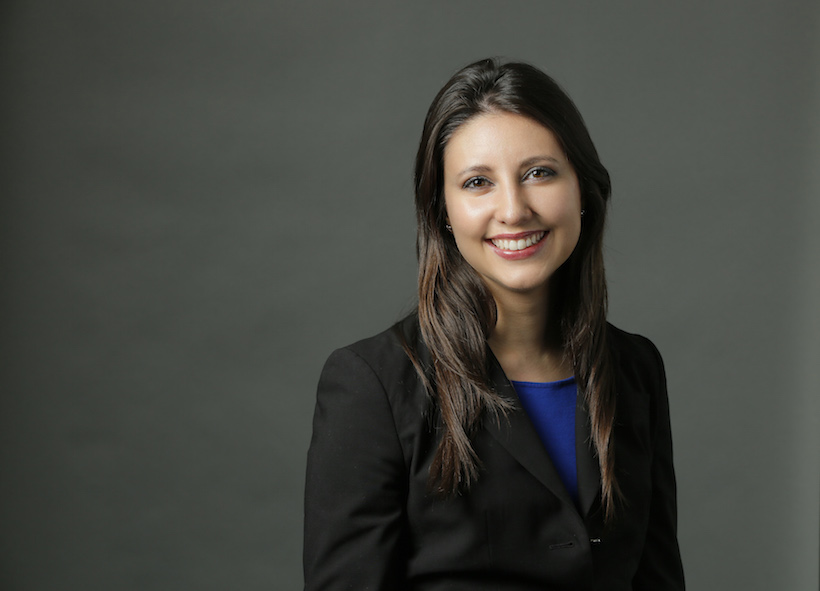
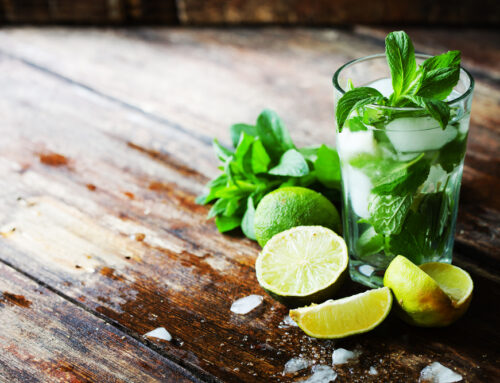
![Making Mealtime Matter with La Familia: Easy Sofrito [Video]](https://thelatinkitchen.com/wp-content/uploads/2015/10/sofrito-shutterstock__0-500x383.jpg)
![Easy Latin Smoothies: Goji Berry Smoothie [Video]](https://thelatinkitchen.com/wp-content/uploads/2015/12/goji_berry-shutterstock_-500x383.jpg)
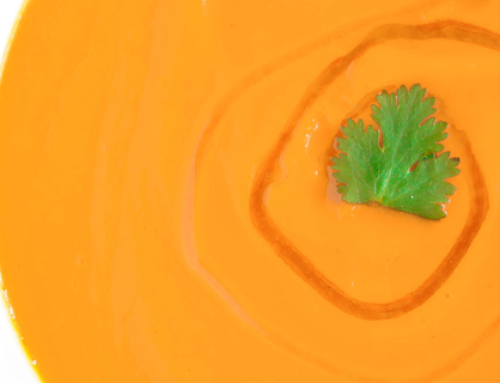




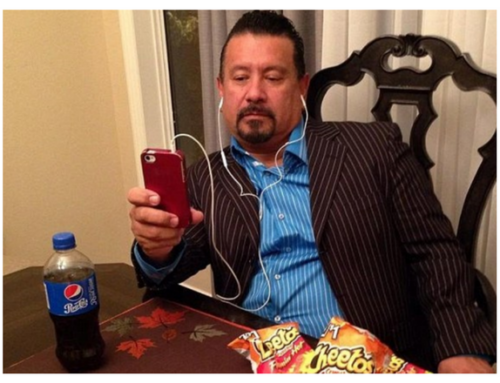
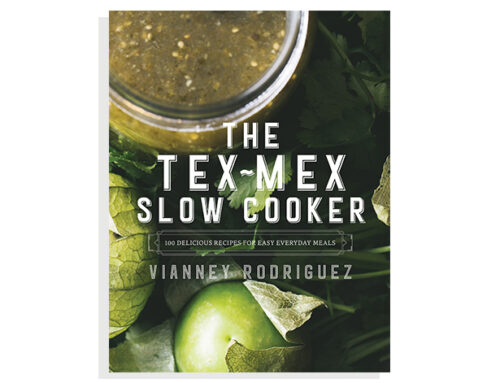
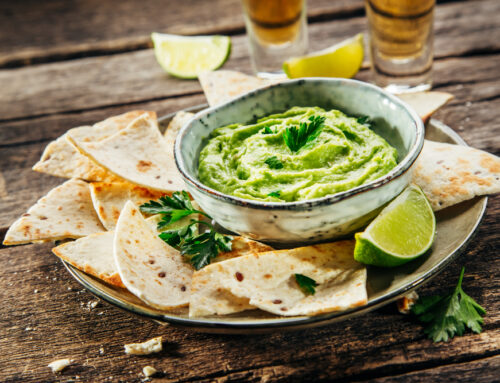

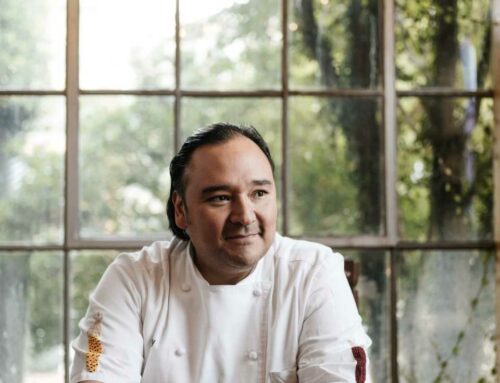

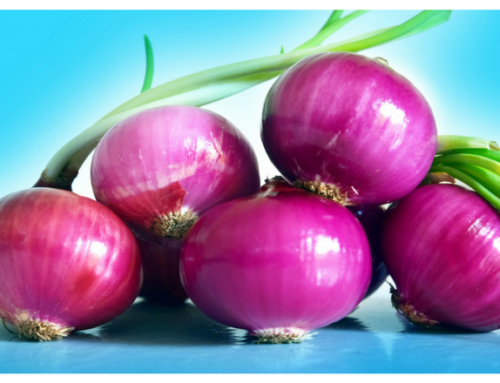
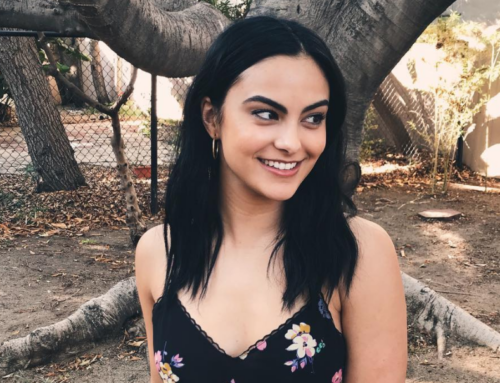


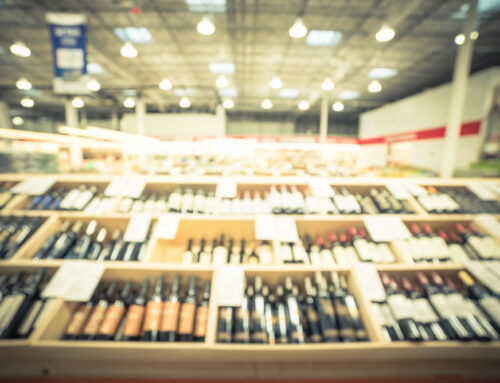
![Fun and Fast Recipes: Fiesta Cabbage Salad [Video]](https://thelatinkitchen.com/wp-content/uploads/2015/11/fiesta_cabbage_slaw-shutterstock_-500x383.jpg)
